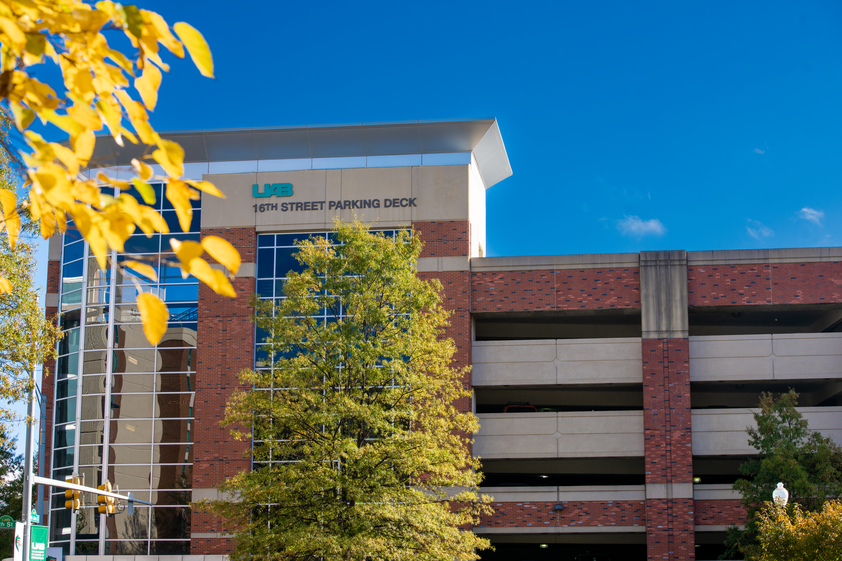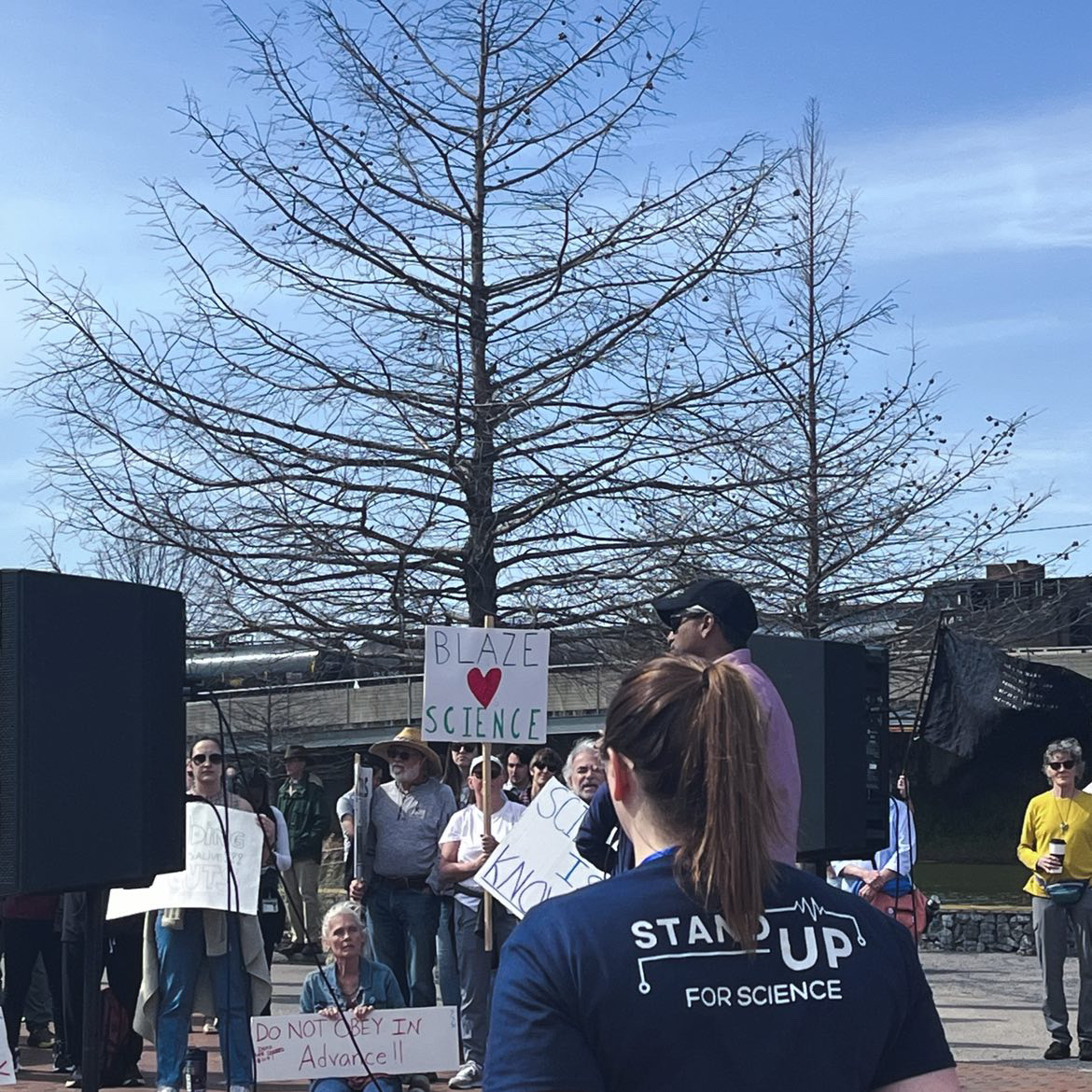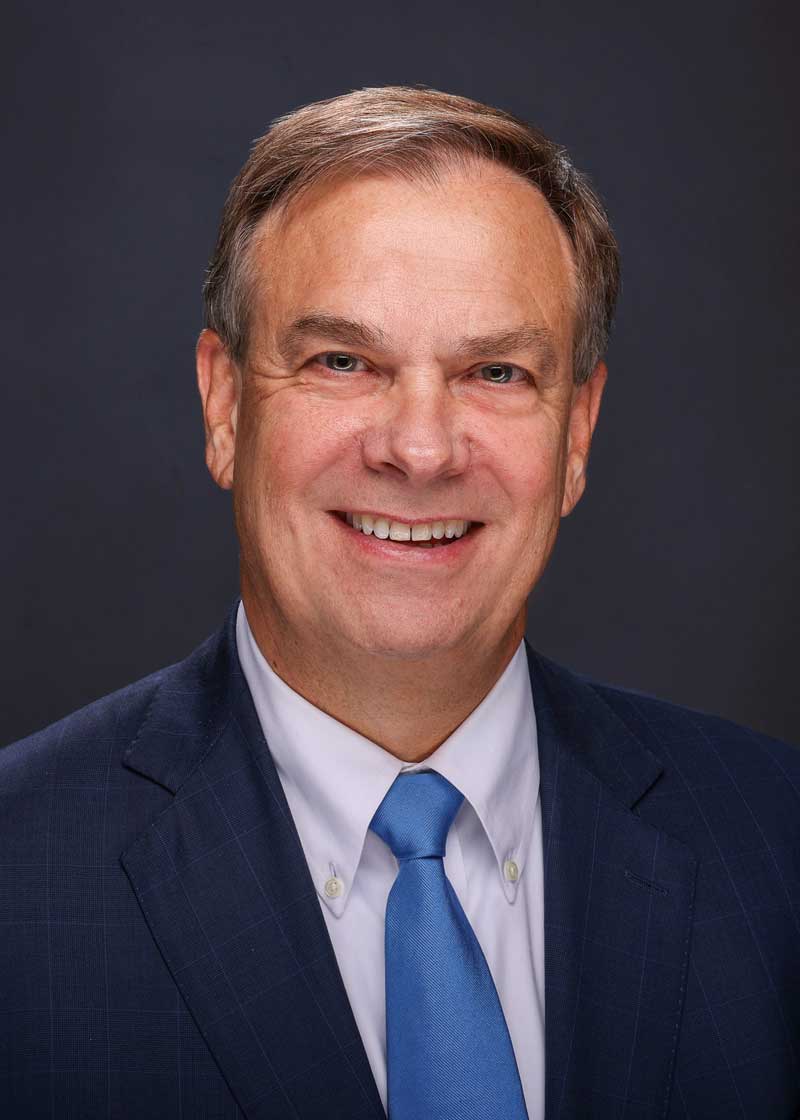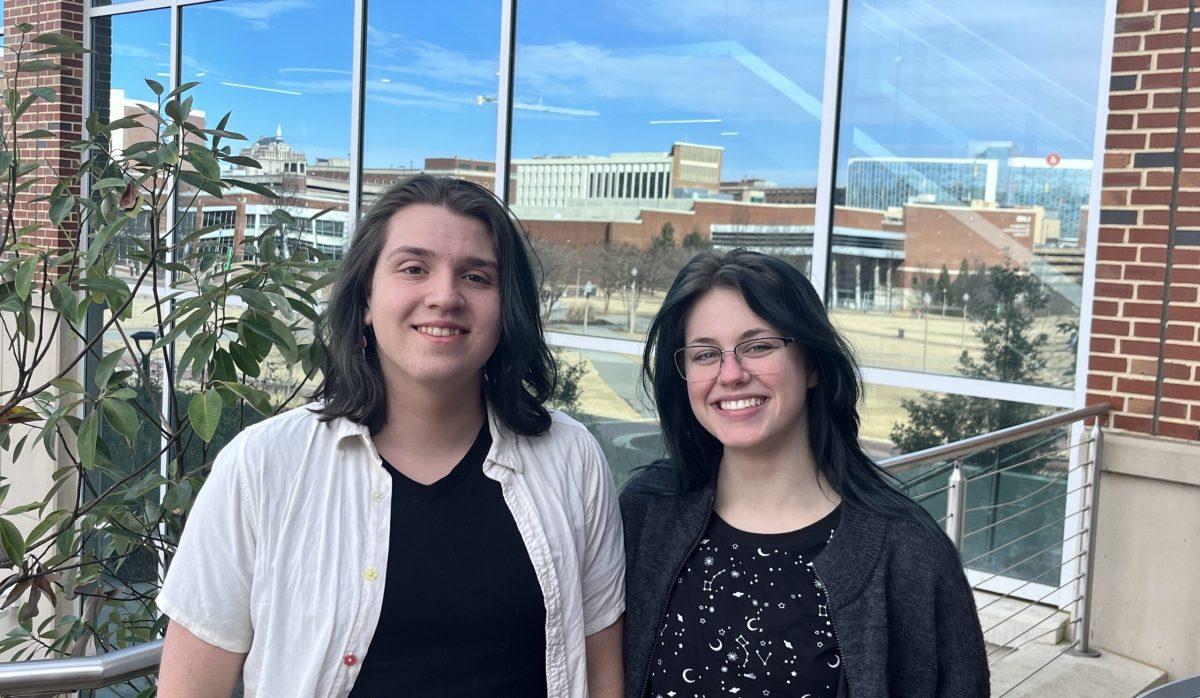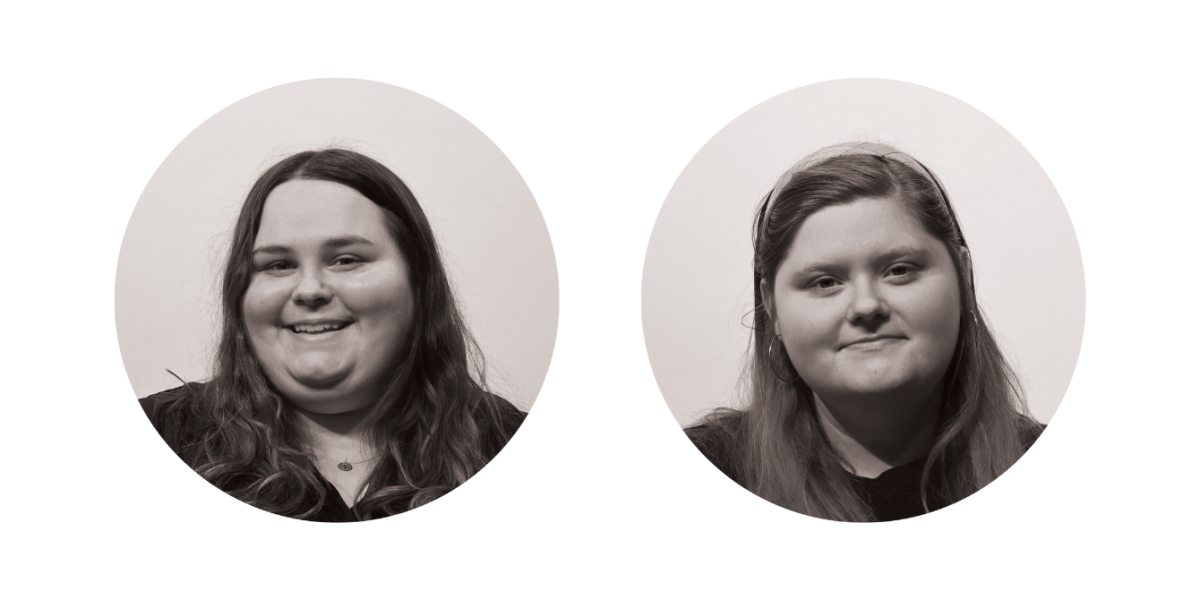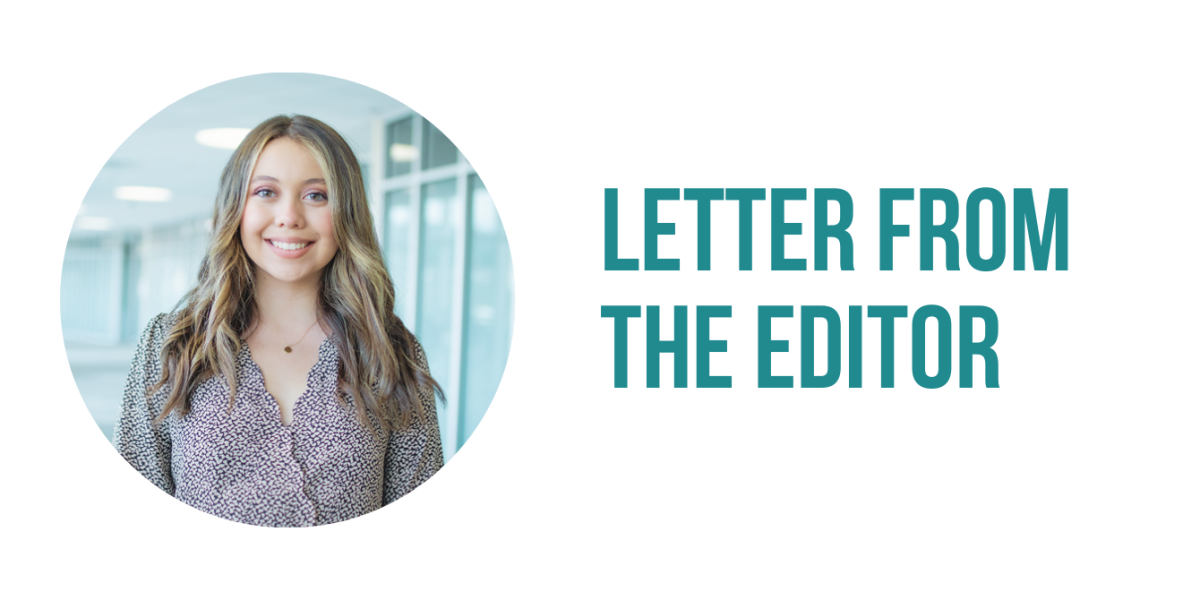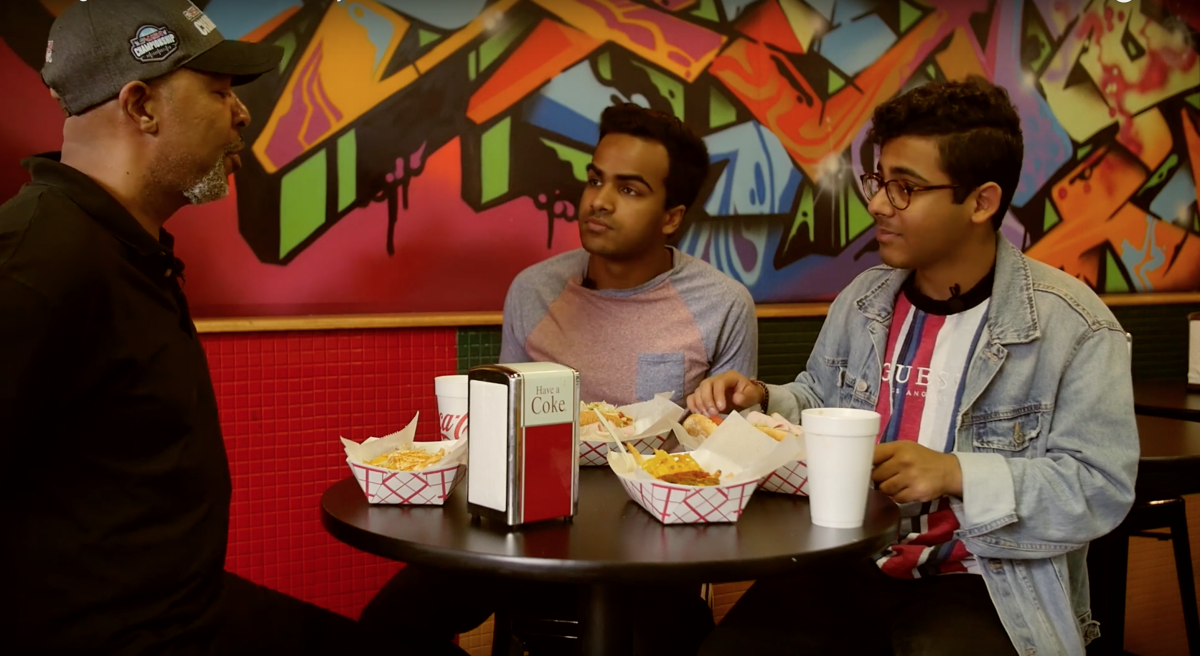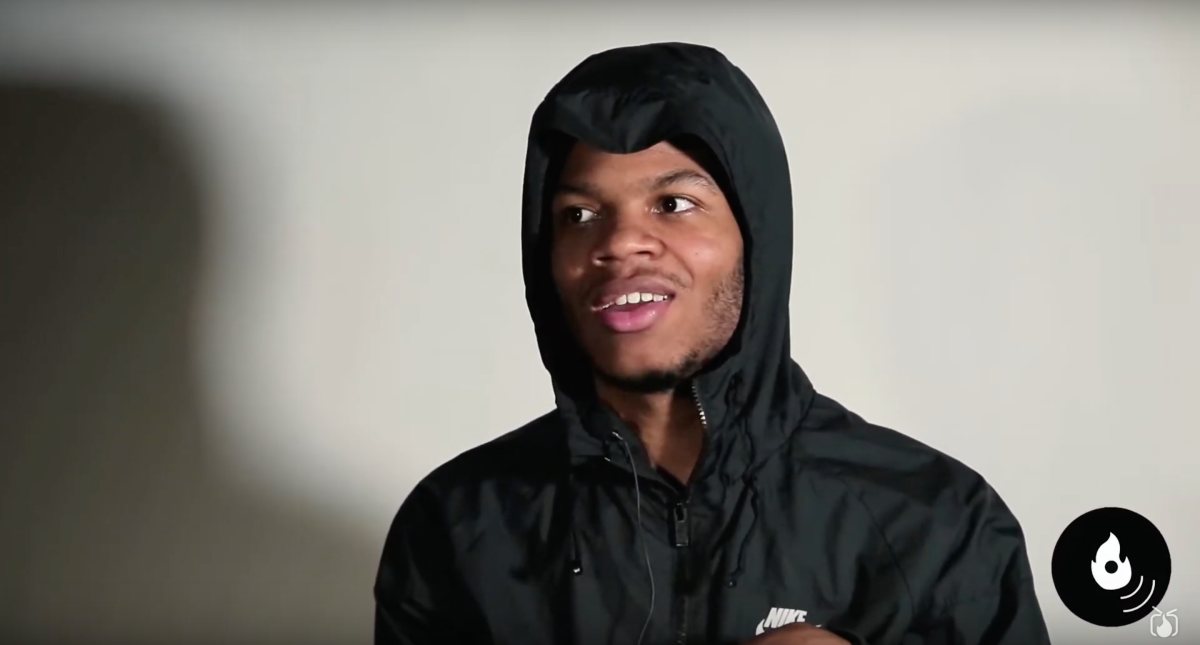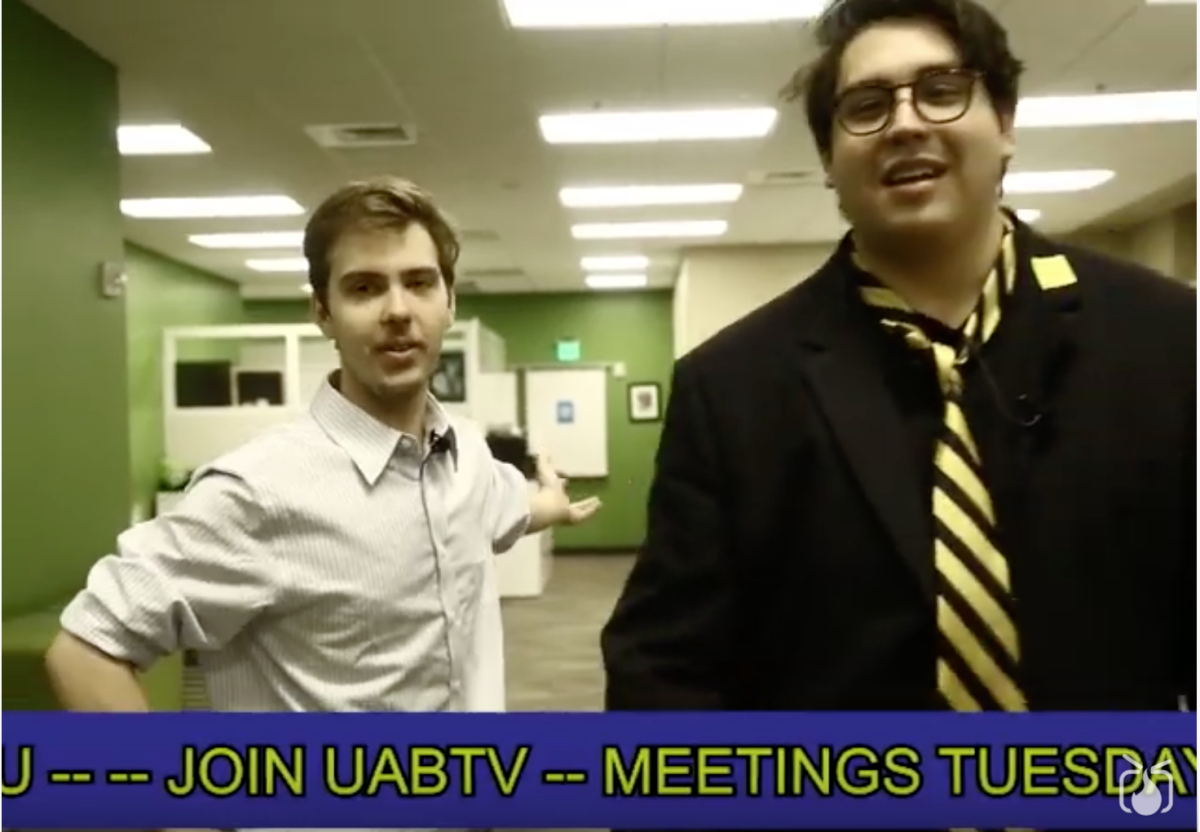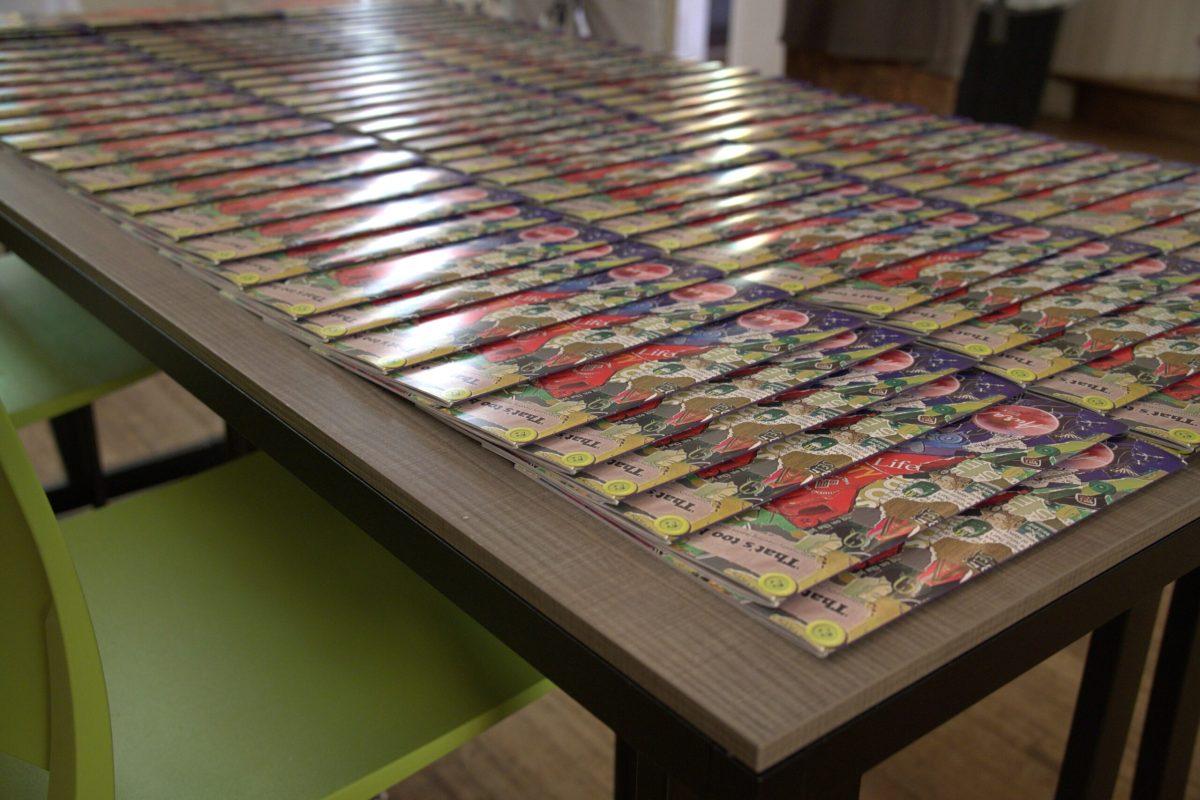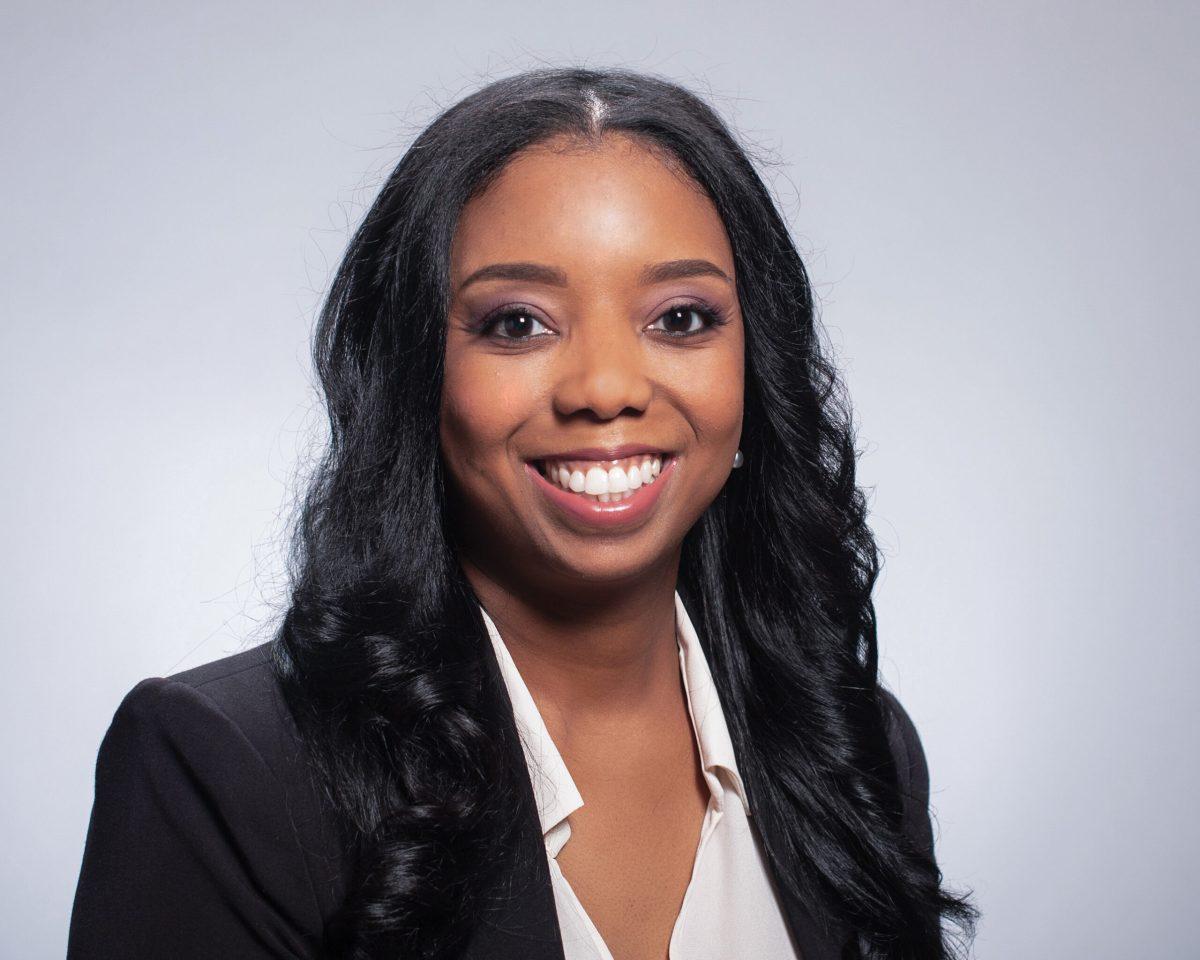This piece first appeared in our March 2021 Magazine
Dr. Farah Lubin is an Associate Professor of Neurobiology and an Associate Professor of Cell, Developmental, and Integrative Biology in the School of Medicine.
Lubin said becoming a physician was her initial goal, and she did everything she could to prepare for that path, including internships at New York City hospitals and nursing homes. This also happened to be at the height of the HIV/AIDS epidemic.
“A lot of patients were dying around me and we really didn’t have a true handle on HIV and AIDS at that time,” she said.
During this time, she said she also observed the relationship between nurses and doctors, and said she realized that the nurses were closer to the ground and that the doctors were not coming up with cures. Having only known about being an M.D. until that point, Lubin said she began to question how cures for diseases are found.
In undergrad, Lubin was part of a program called MARC (Minorities Access to Research Careers) and said she became curious about research at the bench and making discoveries.
Through a combination of summer internships and a senior honors thesis project, Lubin said she realized that she could make a big difference discovering new things in a lab, but also developed an appreciation for how to translate it to the clinic.
Ultimately, attended graduate school, and received a Ph. D. in Molecular Genetics and Immunology. Then, she made the transition to neuroscience research at the post doc fellowship level in Baylor College of Medicine in Houston, Texas, where she said she felt that her future in academia solidified.
“I wish one day, I could walk into a room, and my science and my intelligence walk in first, not my race, not my gender.”
Dr. Farah Lubin
Lubin said her research focus is to understand the basic mechanisms underlying learning and memory and her ultimate goal is to find a way to prevent or reverse memory loss associated with certain neurological disorders.
“Our memories are who we are. Losing memories is devastation not only for that person, the patient, but also the families. It’s like losing a family member,” Lubin said.
Lubin said her mission is “disseminating important information to the public about how to keep a healthy mindset and appreciate that the brain can be influenced by everything, from what’s around you, what you eat. Every type of environmental influence can impact your brain function.”
Lubin said it was through expanding her knowledge and staying curious that she was able to find a passion for translational research and finding cures.
Lubin has also spearheaded programs to increase diversity in STEM.
“These programs were born out of my desire to not be the only. I was always the only one in every stage of my career,” Lubin said. “When I looked around, no one else looked like me, so I was determined to start bringing more who looked like me into the field. Representation matters, but also diversity at the table matters,” she said.
She said she wishes that people did not prejudge on the basis of race or gender and believes that increasing representation is the solution.
“I wish one day, I could walk into a room, and my science and my intelligence walk in first, not my race, not my gender,” Lubin said.
Instead of a work-life balance, Lubin said she finds a work-life blend depending on the day.“My work-life blend is a combination of doing self-care and then also giving myself time to ignore my emails or giving myself time to ignore my family members,” she said.
Lubin said she also takes the time to relax and rest after major deadlines and projects before moving on to the next one.
“The reality is that life happens at work and work happens with life, so you can’t really separate them,” she said.
Lubin said her final advice is this:
“Dare to fail and give yourself permission to fail. If your initial career choice or thoughts are that ‘I want to do XYZ’ and it doesn’t work out, forgive yourself, learn from it, learn that you can repurpose your skill sets and utilize them in another area that you are passionate about. Remain curious, stay passionate, and try to stay excited.”


